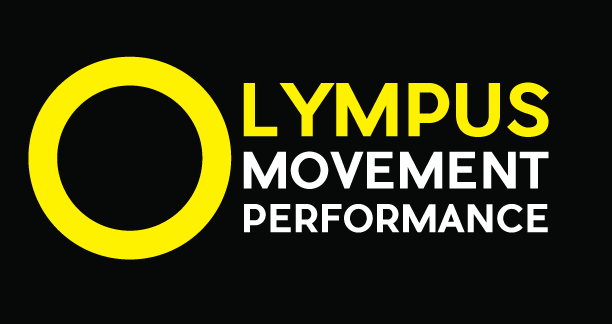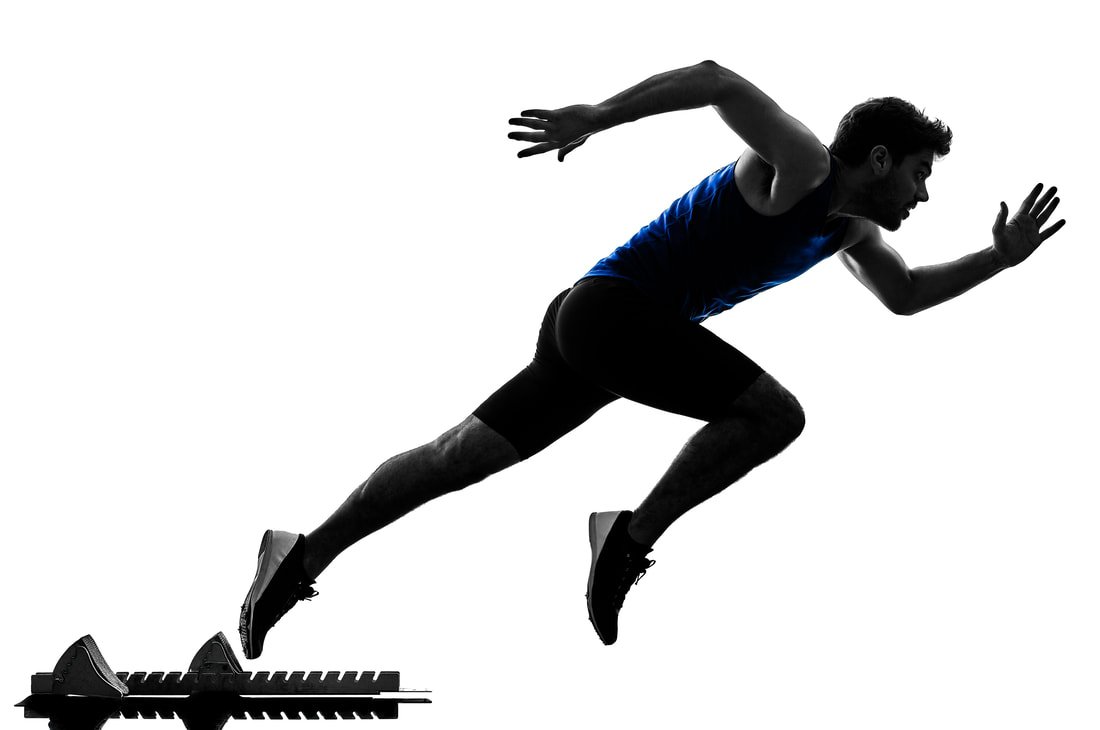Sport SPEED Development
Sport speed development is a training approach aimed at improving an athlete's speed and acceleration in sports. Speed is a crucial attribute in many sports, as it can significantly impact an athlete's performance. Whether you're a sprinter, a soccer player, gymnast, or participate in any sport that requires bursts of speed, speed development training can be beneficial. Here are some key aspects to consider when working on sport speed development:
1. **Biomechanics:** Understanding the mechanics of sprinting or running is essential. Coaches and athletes often analyze an athlete's stride length, stride frequency, arm motion, and body posture to identify areas for improvement.
2. **Strength and Power:** Building strength and power is fundamental for speed development. Exercises like squats, deadlifts, and plyometrics can help increase the force an athlete can generate with each stride.
3. **Acceleration and Deceleration:** Focusing on acceleration (the ability to go from a stationary position to top speed quickly) and deceleration (the ability to slow down or change direction) is crucial. Drills that emphasize these aspects, such as shuttle runs and cone drills, can be beneficial.
4. **Technique:** Proper running technique is critical for speed development. Athletes should work on their start, stride mechanics, and arm movement to optimize their running form.
5. **Flexibility and Mobility:** Adequate flexibility and mobility in the muscles and joints are essential to prevent injuries and maximize speed. Regular mobility exercises should be part of an athlete's routine.
6. **Speed Endurance:** In many sports, maintaining high-speed levels for extended periods is necessary. Training for speed endurance involves workouts that focus on sustaining speed over longer distances or durations.
7. **Recovery:** Proper recovery is often overlooked but vital. Rest, nutrition, hydration, and adequate sleep are essential to allow the body to repair and grow stronger after intense speed training sessions.
8. **Mental Conditioning:** Speed development is not only physical but also mental. Athletes should work on their mental toughness, focus, and confidence, as these aspects can significantly impact performance.
9. **Video Analysis:** Recording and analyzing an athlete's performance can provide valuable insights. Coaches can identify areas for improvement and track progress over time.
10. **Periodization:** Structuring training programs with a periodization approach helps athletes peak at the right times. It involves dividing training into phases, each with specific goals and intensity levels.
11. **Sports-Specific Drills:** Tailoring speed development drills to the specific demands of the sport is crucial. For example, soccer players might focus on short sprints and change-of-direction drills, while track sprinters may emphasize pure speed.
12. **Consistency:** Speed development is a long-term process. Consistent training and gradual progression are key to achieving significant improvements in speed.
It's important to note that speed development should be personalized to an athlete's individual needs and the demands of their sport. Working with an Olympus coach or trainer who can design a customized training program is often the most effective way to enhance speed and acceleration for sports performance.



